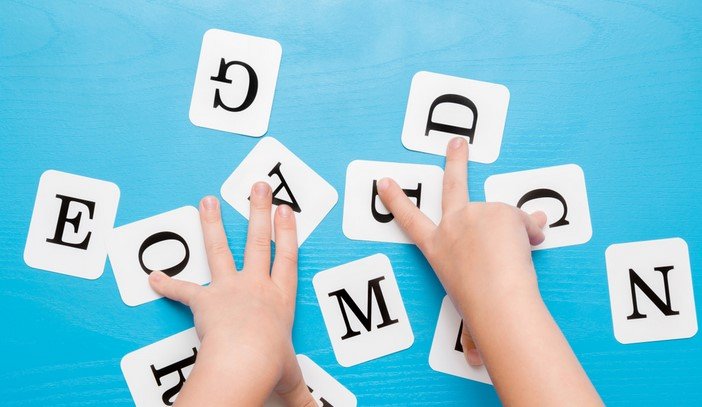Trivia-based quizzes can be fun, but they can also be challenging. Whether you’re participating in a casual game with friends or a competitive trivia night, acing these quizzes requires more than just luck. It takes strategy, preparation, and a solid understanding of how to approach each question. In this post, we’ll explore practical tips for acing trivia-based quizzes improving your performance and boosting your chances of winning.

1. Study Broadly, Focus Smartly
To excel at trivia, it’s essential to have a broad knowledge base. While it’s impossible to know everything, you can focus on popular categories that often appear in trivia quizzes, such as history, science, pop culture, sports, and geography. Pay attention to current events and recent developments, as these are frequently included in trivia questions.
However, it’s also helpful to study strategically. Make a list of topics that you tend to struggle with and spend extra time reviewing those areas. Websites, apps, and trivia games can help you practice and reinforce your knowledge across a wide range of subjects.
2. Use Mnemonics and Memory Aids
When faced with questions about facts and figures, mnemonics can be a great way to remember key details. A mnemonic is a memory aid, such as a rhyme, acronym, or visual association, that helps make information easier to recall. For example, to remember the order of the planets in the solar system, the phrase “My Very Educated Mother Just Served Us Noodles” can help you recall Mercury, Venus, Earth, Mars, Jupiter, Saturn, Uranus, and Neptune.
Creating personalized memory aids can help you retain tricky facts, especially when you’re under time pressure during a quiz.
3. Pay Attention to Question Details
Trivia questions often contain small clues within their wording. Pay close attention to details like qualifiers (e.g., “which year,” “who was the first,” or “the longest”). These specifics can make a huge difference in selecting the right answer. Sometimes, the question will include hints or context that can guide you to the correct response, so don’t rush through it.
For example, if a question asks about a famous painting and provides a year, you might recall the historical events of that time, which could help narrow down the answer.
4. Eliminate Wrong Answers
When unsure of an answer, use the process of elimination. In many cases, you can eliminate one or two obviously incorrect options, which increases the odds of picking the correct one. Even in multiple-choice formats, there are often answers that don’t fit the question, and recognizing them quickly can help you make a more informed guess.
For true/false questions, think about the wording carefully. If the statement contains extreme or overly specific language, like “always” or “never,” it is often false. This tactic can increase your chances of choosing the right option when you’re unsure.
5. Practice Speed and Timing
Trivia quizzes often come with time constraints, so practicing speed is just as important as knowing the answers. Work on answering questions quickly without sacrificing accuracy. You can do this by timing yourself while practicing, simulating the quiz environment as closely as possible. The faster you can recall answers, the more time you’ll have to think through difficult questions.
Speed is especially important when participating in team-based quizzes, as you might need to give your answer before your competitors. Being quick and confident can give you a crucial edge.
6. Keep Calm and Stay Confident
During trivia-based quizzes, it’s easy to get flustered, especially when you don’t immediately know the answer. However, staying calm and collected can help you think more clearly and make better decisions. Take a deep breath, and if you’re unsure about a question, try to recall any related facts that might lead you to the right answer.
Confidence plays a huge role, even in answering tricky questions. Often, the first answer that pops into your head is the right one, but second-guessing yourself can lead to mistakes. Trust your instincts, and don’t overthink things.
7. Learn from Mistakes and Improve
After each trivia session, take time to review the answers, especially the ones you missed. Understanding why you got something wrong is an excellent learning opportunity. By analyzing your mistakes, you’ll be able to recognize areas for improvement and increase your knowledge for future quizzes. Over time, this practice will boost both your accuracy and confidence in trivia-based games.
Conclusion
Winning trivia-based quizzes takes preparation, strategy, and a calm, focused mindset. By studying broadly, honing memory techniques, paying attention to question details, and practicing your speed, you can boost your chances of success. Remember that trivia is not just about knowing facts but also about using your reasoning skills and staying confident in your knowledge. With these tips, you’ll be well-equipped to tackle any trivia challenge and increase your chances of winning.



